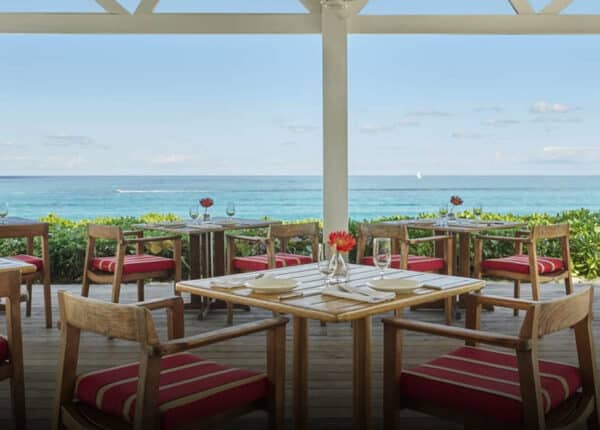By Ilio Durandis
CJ Contributor
In the absence of the constitution, democracy is dead. On Jan. 13th of this year, Haitians woke up with a dysfunctional parliament, where only 10 out of 30 Senators remained in office, and effectively the total elimination of the lower chamber (House of Deputy).
The president is the sole “rooster who can sing,” as the Haitian proverb states. (Sel Kok chante). Haiti has officially entered an undemocratic era.
Haiti’s constitution recognizes three equal but separate powers to take care of state affairs: the Executive, Legislative and Judiciary. There is no provision in Haiti’s constitution that recognizes the absence or dysfunction of the parliament. However, since Jan. 13th, this has been the case.
How did Haiti get to this situation, after so many years and so much money spent on strengthening its democracy?
The euphoria of democracy after the Fall of Duvalier in 1986 gave the Haitian people hope that their near future would make them forget the dictatorship period. The majority of leaders who fought against the dictatorial system, instead of truly working to build a nation based on solid institutions, were satisfied to create a pseudo-democratic system.
Between 1987 and 2011, by all accounts, Haiti has had only one true fair and democratic election.
Within that same time span, most of the elections were organized late, boycotted, or contested by many of the stakeholders. This cannot be considered the sign of a healthy democracy.
After the devastating earthquake of 2010, Haiti seemed to have once again garnered the sympathy of the international community and many believed it was an opportunity to start anew on better ground, hence the slogan “Build Back Better.”
It was not only a chance to physically rebuild infrastructure, but it was also an opportunity to rebuild the country’s institutions.
In a short 10 months after the earthquake, the Haitian people were called upon to elect a new president and some members of parliament. The 2010 elections were considered an election of systematic change. Most of the leading contenders presented their candidacy as the one who was going to rupture with the past. No one made a better case on that front that the eventual winner and current president Michel Martelly.
Regardless of one’s affiliation in Haitian politics, it was clear that a systematic change was a necessity to save Haiti’s democracy.
Corruption, state-sponsored crimes, abuse of power, human rights violations, unemployment and the gap between the rich and the poor, all things that were supposed to be alleviated with the fall of Duvalier seem to have only gotten worse. The only area with noticeable change since 1986 is the freedom of speech, and even that has its limitations.
Candidate Martelly promised the Haitian people the sky only for president Martelly to deliver what amounts to an unfinished basement.
Under his leadership there has some, largely, progress in term of construction and brilliant ideas such as tuition-free for first two years of primary education and a focus to bring back the tourism industry.
However, during this administration, nation went from having more than 600 constitutionally mandated officials to only 11 as of this writing. All the local and municipality offices instead of having elected officials are occupied by interim municipal agents nominated by the executive.
Elections for the municipalities and members of parliament were supposed to be held at the end of 2011 and 2012 respectively. The executive failed to come to an agreement with the legislature on more than one occasion to create the right conditions for those democratic elections.
Apparently, it now seems like it was the plan all-along to hold-off elections as long as possible to pave the way for the current situation.
At present, there exist no checks and balances in Haiti. The executive is effectively omnipotent.
The Haitian constitution is clear as to how the electoral process should take place, what role each state institution must play to guarantee democratic elections; unfortunately today this is no longer possible.
Instead of having a constitutional and democratic elections, Haitian authorities and the major players from international community are improvising an electoral shambles for the Haitian people.
From compromise to consensus, a new government was established without the ratification of parliament, a provisory electoral council was put in place and now with a presidential decree and electoral decree, the Haitian people will be called to vote not once, but possibly three times between August and December this year.
It remains to be seen how this will be played out.
Will the great majority of people participate in the electoral process? Could it possibly be fair and transparent?
Will the seemingly still popular Lavalas party be allowed to participate? In the end, will these elections restore Haitians’ faith in democracy?
Haitians are tired of hoping for the sake of hoping, perpetual restart and the constant betrayal of all democratic ideals by their leaders.
For now, Haitian democracy is dormant.
Ilio Durandis, a Caribbean Journal contributor, is the founder of Haiti 2015, a social movement for a just and prosperous Haiti. He is also a former columnist with The Haitian Times.







